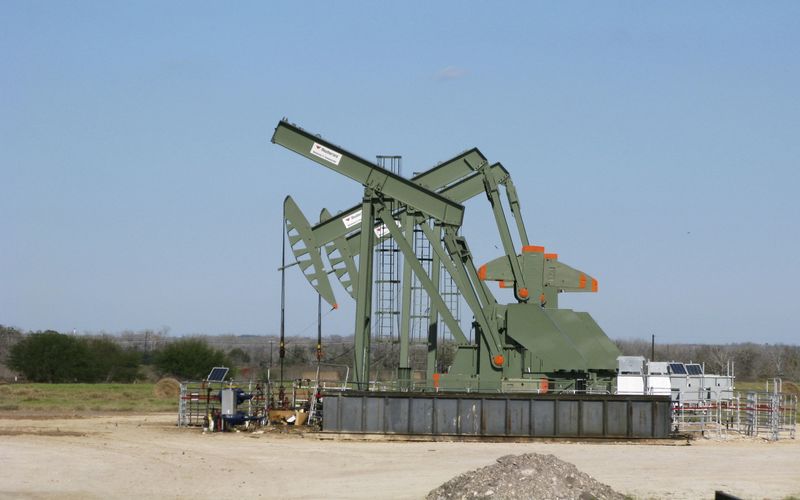By Stephanie Kelly
NEW YORK (Reuters) -Oil prices rose more than 1% on Wednesday, extending gains for a third session, after U.S. government data showed that fuel demand climbed to its highest since the start of the COVID-19 pandemic.
Brent crude rose $1.20, or 1.7%, to settle at $72.25 a barrel. U.S. West Texas Intermediate (WTI) crude gained 82 cents, or 1.2%, to end at $68.36 a barrel.
U.S. gasoline futures rose 5.5% to settle at $2.3008 a gallon. During the session, prices reached $2.3026 a gallon, their highest since Aug. 12.
The four-week average for U.S. total product supplied, a proxy for fuel demand, soared to nearly 21 million barrels per day, its highest since March 2020, when governments first began to widely impose pandemic-related restrictions, U.S. Energy Information Administration data for last week showed. [EIA/S]
Refiners have ramped up production to 92.4% of operable capacity, the highest since late June, helping send U.S. crude inventories to the lowest since January 2020.
Last week, crude inventories fell by 3 million barrels to 432.6 million barrels, their lowest since January 2020, the EIA said.
U.S. gasoline stocks fell 2.2 million barrels, exceeding analysts' expectations for a 1.6 million-barrel drop.
"Gasoline inventories have drawn as implied demand has rebounded, perhaps the last hurrah of summer driving season," said Matt Smith, director of commodity research at ClipperData.
Over the last three sessions, both Brent and WTI have risen around 10%. The rally has mostly erased last week's slump that was triggered by a resurgence in COVID-19 cases.
The price gains came after Mexican supply fell by more than 400,000 barrels per day following a fire on Sunday at an oil platform. Mexico's state oil firm said it expected to resume production by Aug. 30.
"While volatility looks set to continue, we see further gains for oil as global economic normalization continues and OPEC remains disciplined on crude supplies," said Mark Haefele, chief investment officer at UBS Global Wealth Management.
The bank expects Brent to rise to $75 a barrel by December.

In a sign that the spread of infections from the coronavirus Delta variant was easing in China, the world's largest oil importer, the country reported just 20 new confirmed coronavirus cases for Aug. 24, down from 35 a day earlier.
The coronavirus pandemic, however, still looms large across the world, and many areas are battling the spread of the Delta variant, stoking doubts among investors about oil demand. Sydney's COVID-19 infections hit a daily record on Wednesday, despite two months of lockdowns in the city.